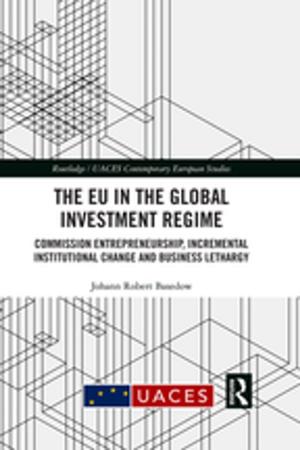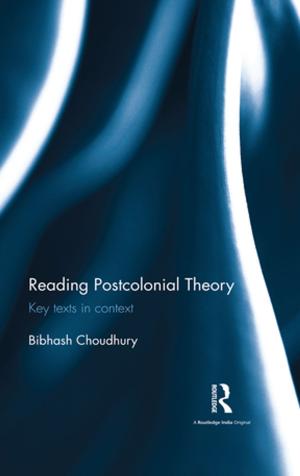Authoritarian and Populist Influences in the New Media
Nonfiction, Social & Cultural Studies, Political Science| Author: | Sai Felicia Krishna-Hensel | ISBN: | 9781351669115 |
| Publisher: | Taylor and Francis | Publication: | September 7, 2017 |
| Imprint: | Routledge | Language: | English |
| Author: | Sai Felicia Krishna-Hensel |
| ISBN: | 9781351669115 |
| Publisher: | Taylor and Francis |
| Publication: | September 7, 2017 |
| Imprint: | Routledge |
| Language: | English |
The media is often viewed as a primary gauge which reflects the changing political landscape as societies transition from authoritarian regimes to democracies. Chronicling the process through media analysis provides deeper insights into the relationship between technology, the state, and social forces that are reflected in the public’s communications. This volume explores the challenges and political conditions that have shaped the media in several representative studies of the media in the Middle East, Asia, Eastern Europe, and Africa. The contributors analyse the legacy of the past on the development of the media in post-authoritarian regimes and explore the relationships between media, communication industries (public relations), and politics. The use of new communications technologies to manipulate the media and the public introduce a novel use of social media by populists as well as authoritarian regimes and their proxies.
This book presents a comparative and global investigation of the role of the media in the realignment from established policies to an emerging milieu of new channels of communication that challenge traditional media practices.
The media is often viewed as a primary gauge which reflects the changing political landscape as societies transition from authoritarian regimes to democracies. Chronicling the process through media analysis provides deeper insights into the relationship between technology, the state, and social forces that are reflected in the public’s communications. This volume explores the challenges and political conditions that have shaped the media in several representative studies of the media in the Middle East, Asia, Eastern Europe, and Africa. The contributors analyse the legacy of the past on the development of the media in post-authoritarian regimes and explore the relationships between media, communication industries (public relations), and politics. The use of new communications technologies to manipulate the media and the public introduce a novel use of social media by populists as well as authoritarian regimes and their proxies.
This book presents a comparative and global investigation of the role of the media in the realignment from established policies to an emerging milieu of new channels of communication that challenge traditional media practices.















